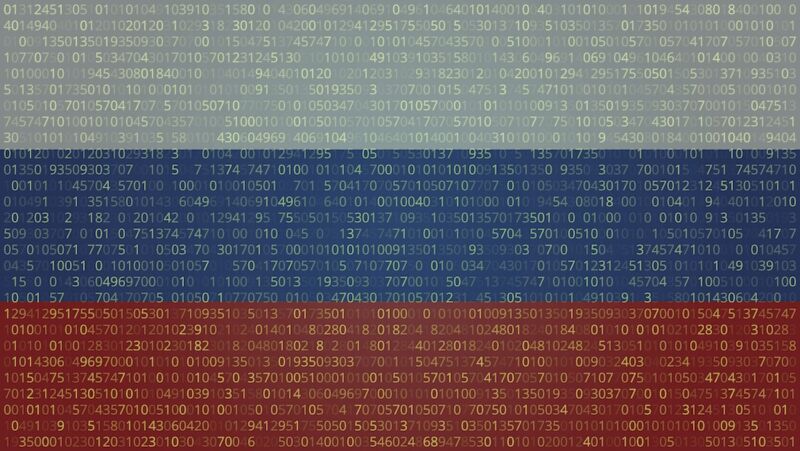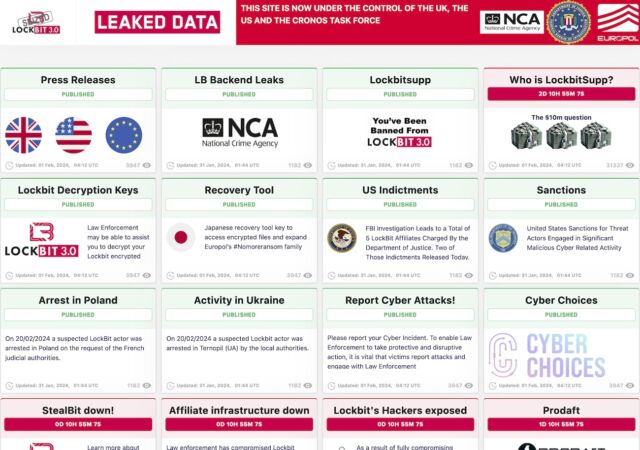
Enlarge
(credit: Getty Images)
Hewlett Packard Enterprise (HPE) said Wednesday that Kremlin-backed actors hacked into the email accounts of its security personnel and other employees last May—and maintained surreptitious access until December. The disclosure was the second revelation of a major corporate network breach by the hacking group in five days.
The hacking group that hit HPE is the same one that Microsoft
said Friday
broke into its corporate network in November and monitored email accounts of senior executives and security team members until being driven out earlier this month. Microsoft tracks the group as Midnight Blizzard. (Under the company’s recently retired threat actor naming convention, which was based on chemical elements, the group was known as Nobelium.) But it is perhaps better known by the name Cozy Bear—though researchers have also dubbed it APT29, the Dukes, Cloaked Ursa, and Dark Halo.
“On December 12, 2023, Hewlett Packard Enterprise was notified that a suspected nation-state actor, believed to be the threat actor Midnight Blizzard, the state-sponsored actor also known as Cozy Bear, had gained unauthorized access to HPE’s cloud-based email environment,” company lawyers wrote in a
filing
with the Securities and Exchange Commission. “The Company, with assistance from external cybersecurity experts, immediately activated our response process to investigate, contain, and remediate the incident, eradicating the activity. Based on our investigation, we now believe that the threat actor accessed and exfiltrated data beginning in May 2023 from a small percentage of HPE mailboxes belonging to individuals in our cybersecurity, go-to-market, business segments, and other functions.”
chevron_right










